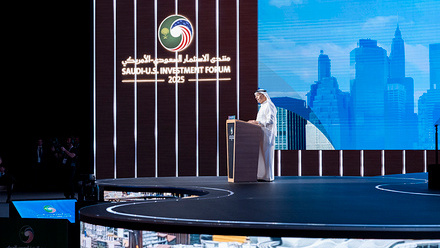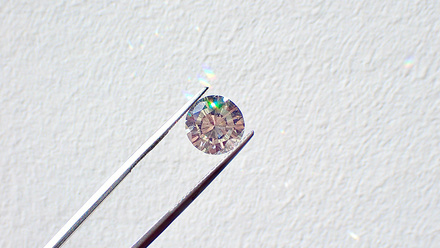The Metals Company collaborate with Epsilon Carbon on nodule processing plant
Agreement will see pre-feasibility study completed for facility in India.

The Metals Company (TMC), formerly Deep Green Metals, an explorer of lower-impact battery metals from seafloor polymetallic nodules, has signed a non-binding Memorandum of Understanding with Epsilon Carbon to complete a pre-feasibility study for a commercial-scale deep-sea nodule processing plant in India called Project Zero Plant.
The company said targeted production capacity is more than 30,000 tonnes per annum of an intermediate nickel-copper-cobalt matte product used for active cathode material for nickel manganese cobalt and other nickel-rich cathode chemistries for lithium-ion batteries and more than 750,000 tonnes per annum of manganese silicate by-product expected to be used in manganese alloy production for the steel industry.
In January 2022, TMC announced the completion of its latest offshore research campaign, Environmental Expedition 5E, a targeted sampling campaign of both benthic and pelagic fauna with wider investigations to characterize ecosystem function on the abyssal seafloor.
The completion of the six-week expedition — the company’s fifth environmental campaign in the last twelve months — marked the latest offshore campaign required to develop an environmental baseline of the proposed operating environment in the Clarion Clipperton Zone of the Pacific Ocean and characterise the potential impacts of its proposed nodule collection operations to source critical battery metals from deep-sea polymetallic nodules.
‘Over the last three years, we have engaged with many parties and visited plants around the world in search of the right onshore partners,’ TMC CEO Gerard Barron said in a press release accompanying the announcement. ‘In Epsilon Carbon, we have found a rare mix: a proven operational execution track record in anode materials, a 21st century approach to industrial development grounded in making use of waste products, deep care about safety, environmental and social impacts, and an entrepreneurial ambition to develop cathode precursor materials.’







